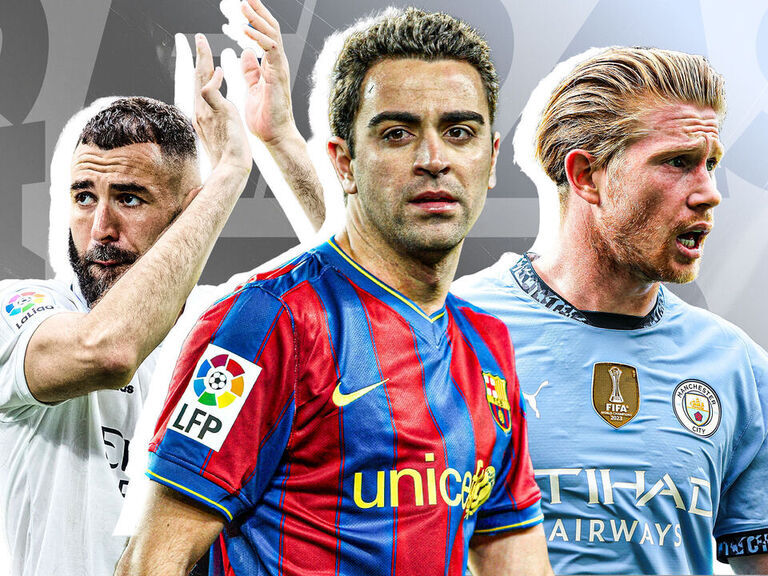This week’s Feel-Good Friday involves two stories about Gen Z teenagers who performed selfless acts for others. The despair over the state of this particular generation is pronounced, mostly because it has probably been the most indoctrinated of generations. Thanks to WOKE and warped public education, Tiktok, YouTube, and other social media, Gen Z has been steeped in victimhood, grievance, selfishness, immobility, and most egregious, the push toward socialism and communism.
The good news: Both of these stories reflect different values that are miles removed from what we usually hear about this generation. They give us lessons in selflessness. From these young people’s own hearts, they performed not just acts of kindness, but acts of empowerment—for another, and ultimately for themselves. These are acts that the receiver cannot repay, nor were they expected to.
Second, we gain lessons in ingenuity and industriousness. These kids used their skills, brains, and talent to solve a problem and meet a need. Finally, we get lessons in building confidence and competence in others, and how a heart of compassion and gratitude can yield tremendous dividends.
Three students build a robotic hand for their classmate
As a teenager, it’s hard enough being the new kid on the block, so imagine being that new kid with a physical disability. Fifteen-year-old Sergio Peralta started at Hendersonville High School in Hendersonville, Tenn. but hid the fact that his right hand wasn’t fully formed. He had a palm with a little knuckle movement, but where fingers and a thumb should have been, he had tiny nubs, essentially non-existent phalanges.
“In the first days of school, I honestly felt like hiding my hand,” he told CBS News. “Like nobody would ever find out.”
Jeff Wilkins, the school’s engineering teacher somehow found out. Wilkins approached Peralta and posited the opportunity for his engineering class to give him a hand—literally.
“They ended up offering me, like, ‘We could build your prosthetic hand’, and I never expected it,” he said. “Like, never in a million years.”
The students initially weren’t sure they could pull it off, because they did not readily have access to internet 3D models or for that matter, a 3D printer. 3D printing is changing the world of prosthetics for the better. 3D prosthetic printing allows the creation of prosthetic limbs at a fraction of the cost of manufactured prostheses. In 2011, the first 3D-printed prosthetic hand prototype was developed, and it has transformed the landscape for people who have lost limbs due to amputation, disease, or deformity.
And with the creative thinking of Peralta’s engineering schoolmates, his world was now transformed.
Using the prosthetic, Peralta was able to catch a baseball with his right hand for the first time.
“They changed my life,” Peralta said.
The UK Daily Star interviewed the school principal, who reflected on the lesson of care and compassion for a fellow human, and how that is what leads to innovation and problem-solving.
The school’s principal, Bob Cotter, told the BBC that Sergio’s new hand “is a testament to the students we have here who care about each other and the programme that Jeff Wilkins has built.”
One of the students who helped on the project, Leslie Jaramillo, told a local news outlet it embodied the spirit of their engineering class.
Leslie said: “You’re supposed to be engineering, coming up with new ideas, solving issues.”
A Love of music develops an uncommon bond between a teenager and his friend with special needs
And in Blackfoot, Idaho, 16-year-old Dallin Polatis, who is an avid electric guitar player, has shared this joy with a schoolmate who has Downs Syndrome. Polatis and the young man bonded and developed a friendship over this love of the instrument. Polatis, who takes regular lessons at Snake River Strings Co., even used his downtime at school to give his friend lessons. The young man with Downs Syndrome was so excited about playing the electric guitar and incessantly talked about owning one of his own. He expressed to Polatis that he really wanted one for Christmas. When the students returned from winter break, Polatis found out that his friend, unfortunately, did not get his wish. That’s when Polatis, of his own accord, decided to help make this friend’s hope come true.
Shelby Murdock, the owner of Snake River Strings Co. wanted Polaris to have some recognition for these selfless acts.
Dallin has been playing music for and teaching this special friend during downtime at school. His friend does not own a guitar and has been wanting one for months now. It’s all he can talk about! He wanted one for Christmas so bad and talked non stop about it to Dallin at school before the break. When they got back from the Christmas break, Dallin noticed this friend was sad. Dallin found out that he did not get a guitar for Christmas.
Polatis decided a full electric guitar setup might be too much for his friend, so he spent $80 on an acoustic guitar to give to him. His friend was ecstatic.
Murdock continued:
This 16-year-old young man is such an incredible example for us all. He’s not obsessed with himself or showing off his incredible guitar skills – he just wants to help others play music too.
Along with some great food gift cards courtesy of Nate Eaton of East Idaho News, Murdock gifted three months of guitar lessons to Polatis and his friend. When Murdock presented Polatis with this gift, she said,
“You are the epitome of what Snake River Music Co. is. And our slogan is, ‘Become a Musician,’ but there’s so much more to it than learning an instrument, and that’s what you did.”
The universal language of music, and the way Polatis chose to share it with another, reflects not only an incredible heart of generosity, but of a visionary. Polatis took a big picture concept of playing guitar and translated it into smaller pieces so that his friend could grasp hold of it and join in with it. People of vision have the gift of doing that.
East Idaho News correspondent Eaton asked Polatis why he chose to give a guitar to a young man he barely knew. Polatis said, “This kid is just funny and makes me smile.”
Polatis had no other reason than the delight of the company of another human being. There was obviously something about Polatis that drew that young man with Downs Syndrome to him. What a wonderful gift that Polatis chose to honor his reaching out by not only befriending him, but taking him under his wing to share his passion for music and igniting that flame in another.





















Discussion about this post